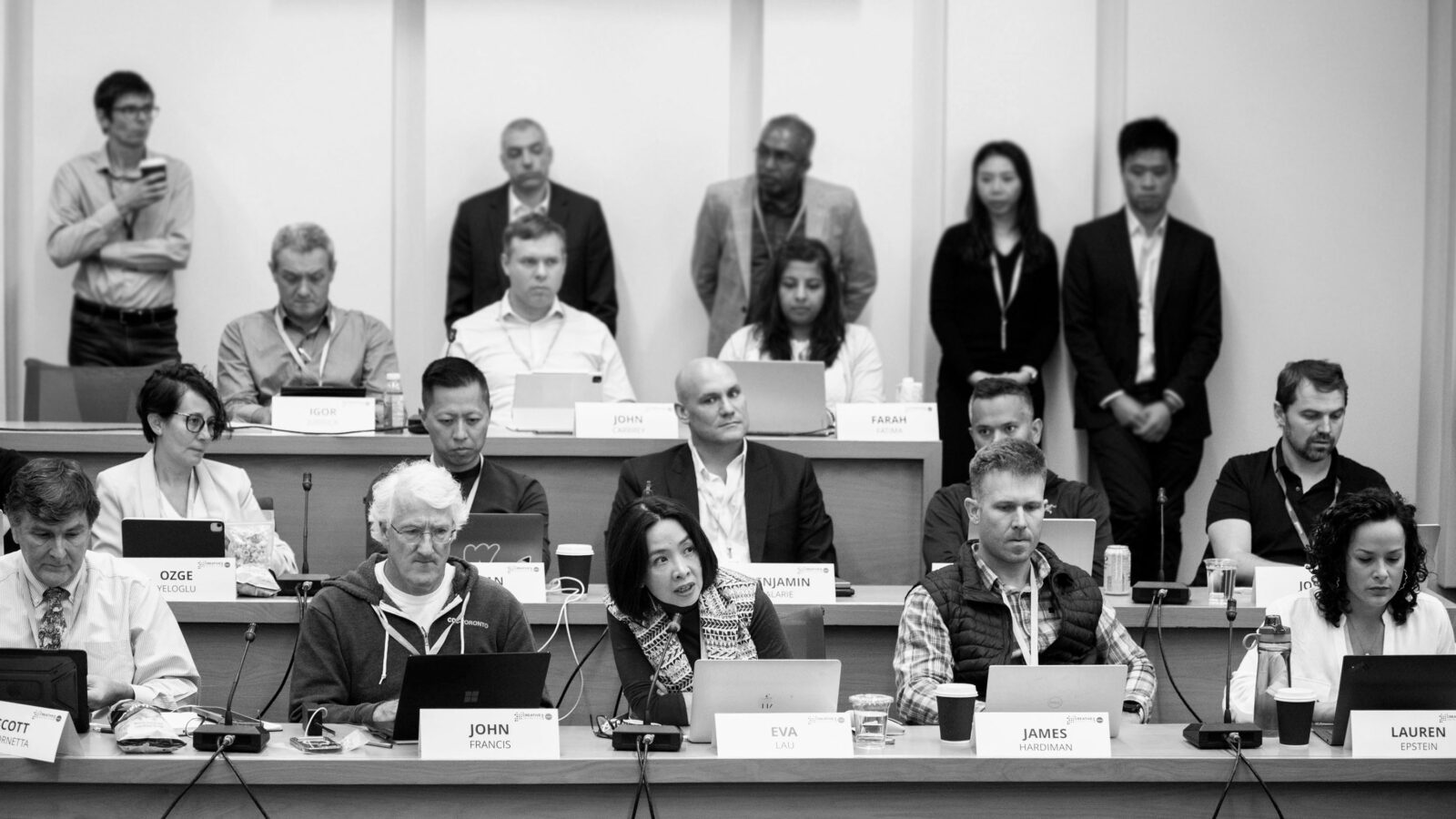Quantum computing enthusiasts often point out how the technology can better solve problems that are already being tackled with classical computing, such as portfolio optimization, says Sam Mugel, the founder and CTO of Multiverse Computing.
But there are only a few examples of problems that are classically hard, and quantum easy, Mugel said. The prediction of certain types of economic behaviours in their full complexity is one of them.
Multiverse was previously working on algorithms for simulating economics with the D-Wave quantum computer, when a connection made at Creative Destruction Lab (CDL) created a new opportunity to explore the potential of hybrid quantum models for the economy.
Multiverse participated in CDL-Toronto’s Quantum stream in 2019/2020. CDL is a nine-month, objectives-based program for massively scalable seed-stage science- and technology-based ventures. CDL also offers a Partners Program, which provides curated opportunities for organizations to engage with CDL’s world-class network of investors, mentors, scientists, economists, professors, entrepreneurs, and leaders, as well as thousands of vetted ventures.
Canada’s central bank, Bank of Canada, is a participating partner at CDL-Toronto. The Multiverse team met a Bank of Canada technical expert at one of its CDL sessions.
Together, Multiverse and the Bank of Canada have now completed a proof-of-concept project. The partners used hybrid quantum computing to simulate the adoption of cryptocurrency as a method of payment by non-financial firms. The work explored how quantum computing can simulate complex economic behaviour that is otherwise very difficult to simulate.
The project provided insight into economic behavioural patterns, Mugel said.
“Solving general economic problems is extremely difficult to do using classical computing. Our work is a step towards tackling such problems efficiently. As more powerful quantum platforms become available, we expect we’ll be able to simulate economic problems that we’re not even able to approach currently with supercomputers,” Mugel said.
“There’s hope we’ll be able to create this entirely new value in the future using quantum computing.”
The company’s model could apply to a wide range of social and economic problems, such as the detection of anomalies in social networks, Mugel said.
“CDL shows us what’s possible and where the frontier is. Our partnership with CDL helps us to know what is needed towards becoming a truly digital organization,” says Eric Santor, Advisor to the Governor of the Bank of Canada on Digitalization.
The project with Bank of Canada was a milestone for Multiverse.
“That was really interesting for us, to see use cases outside of what we’d been working on,” Mugel said.
Multiverse found CDL to be hugely beneficial, even beyond its partnership with Bank of Canada. The team met a lead investor through CDL and was introduced to other start-ups that it partnered with on grant applications.
CDL had such an impact on the company that Mugel stayed in Toronto. Multiverse now has a dozen employees in the city.
“Toronto made lots of sense for us, mainly because of CDL and the ecosystem that CDL has essentially created here.”





